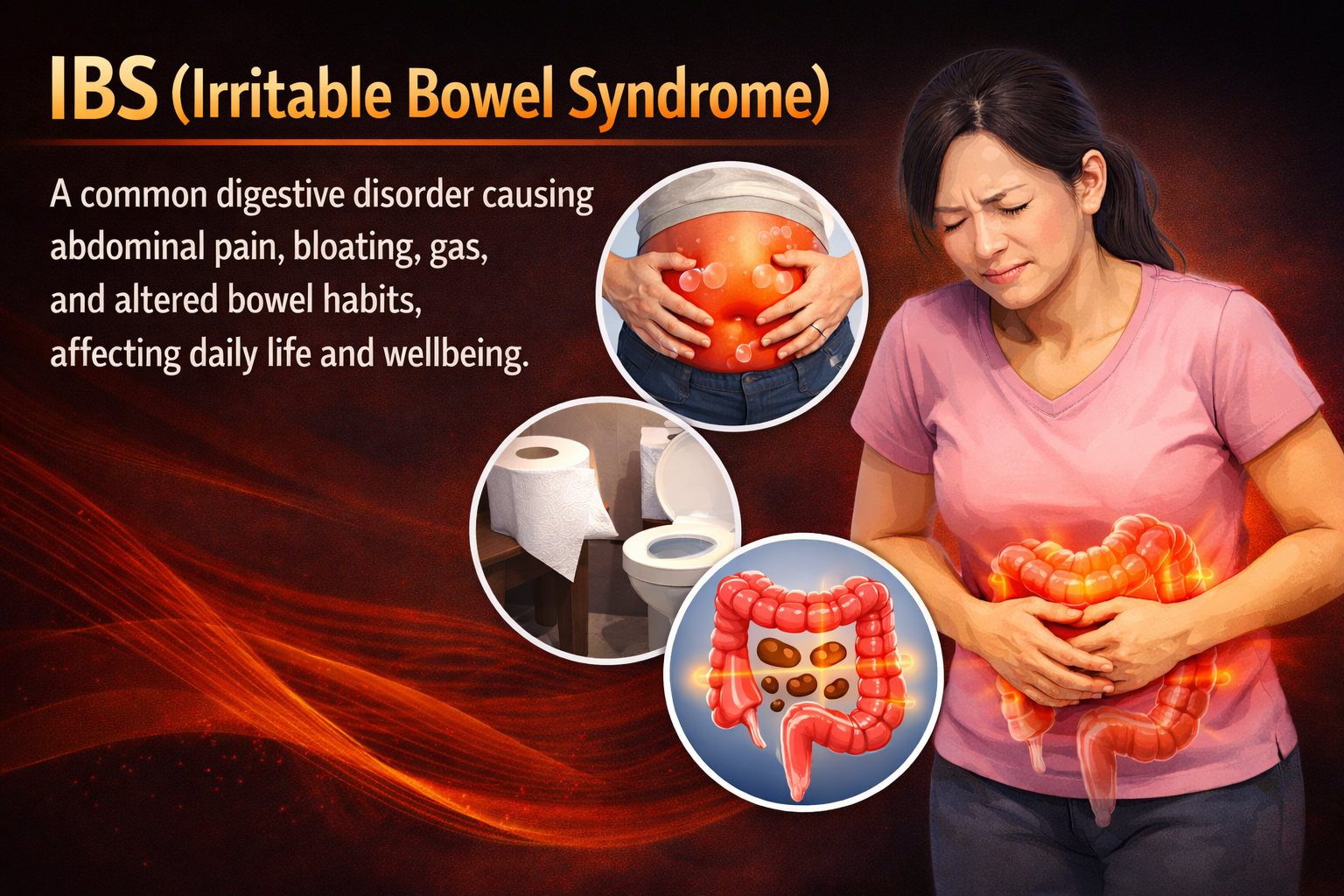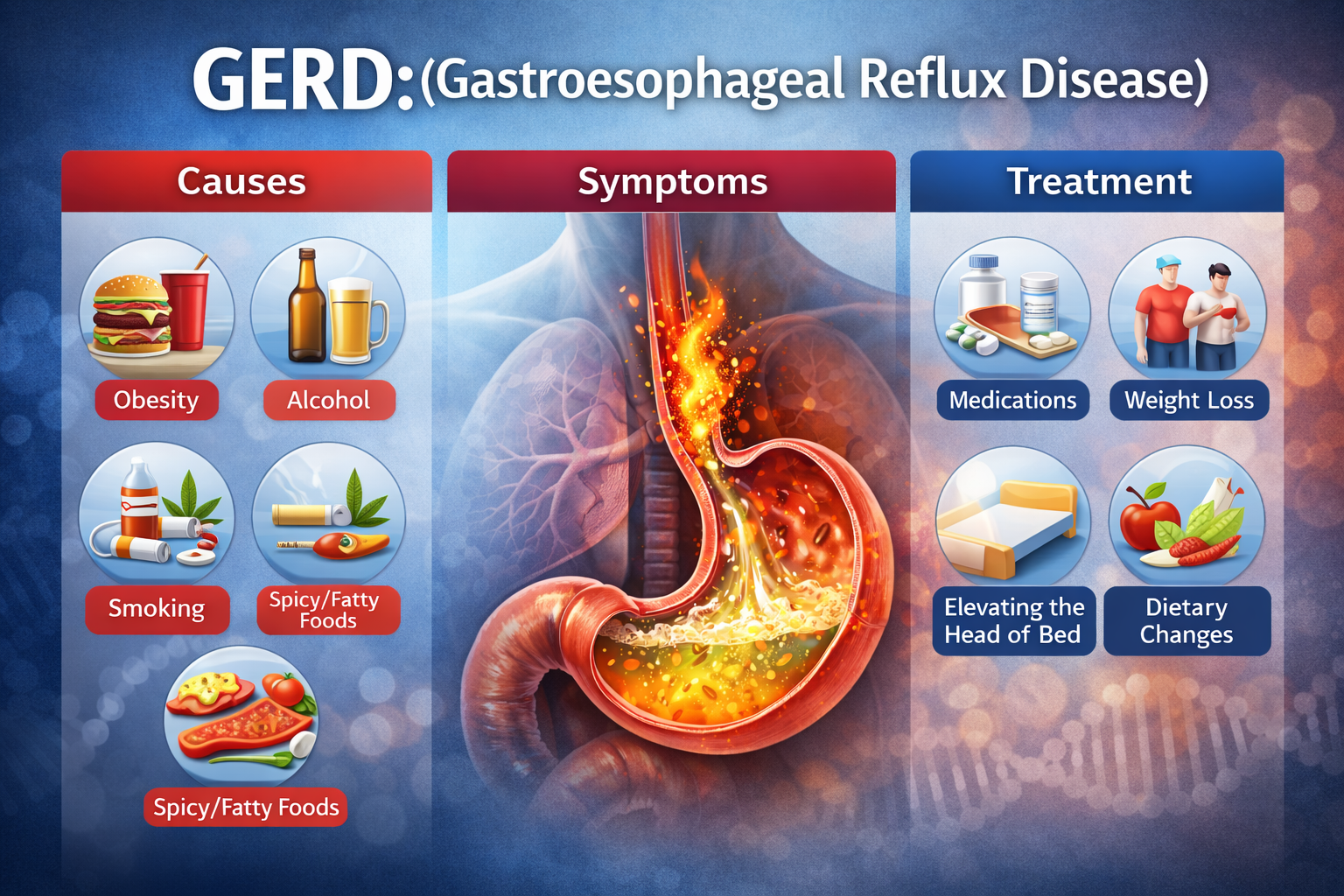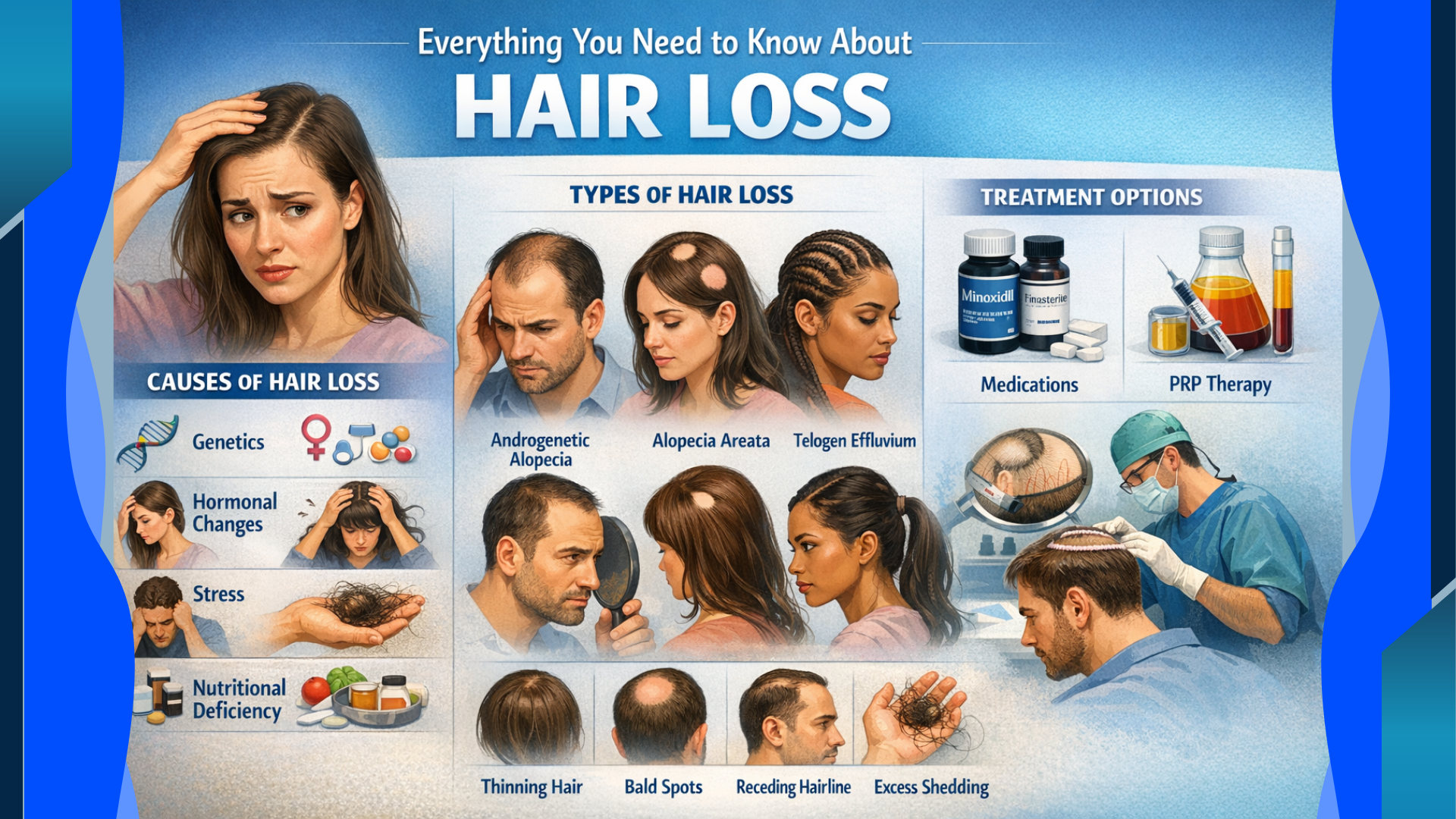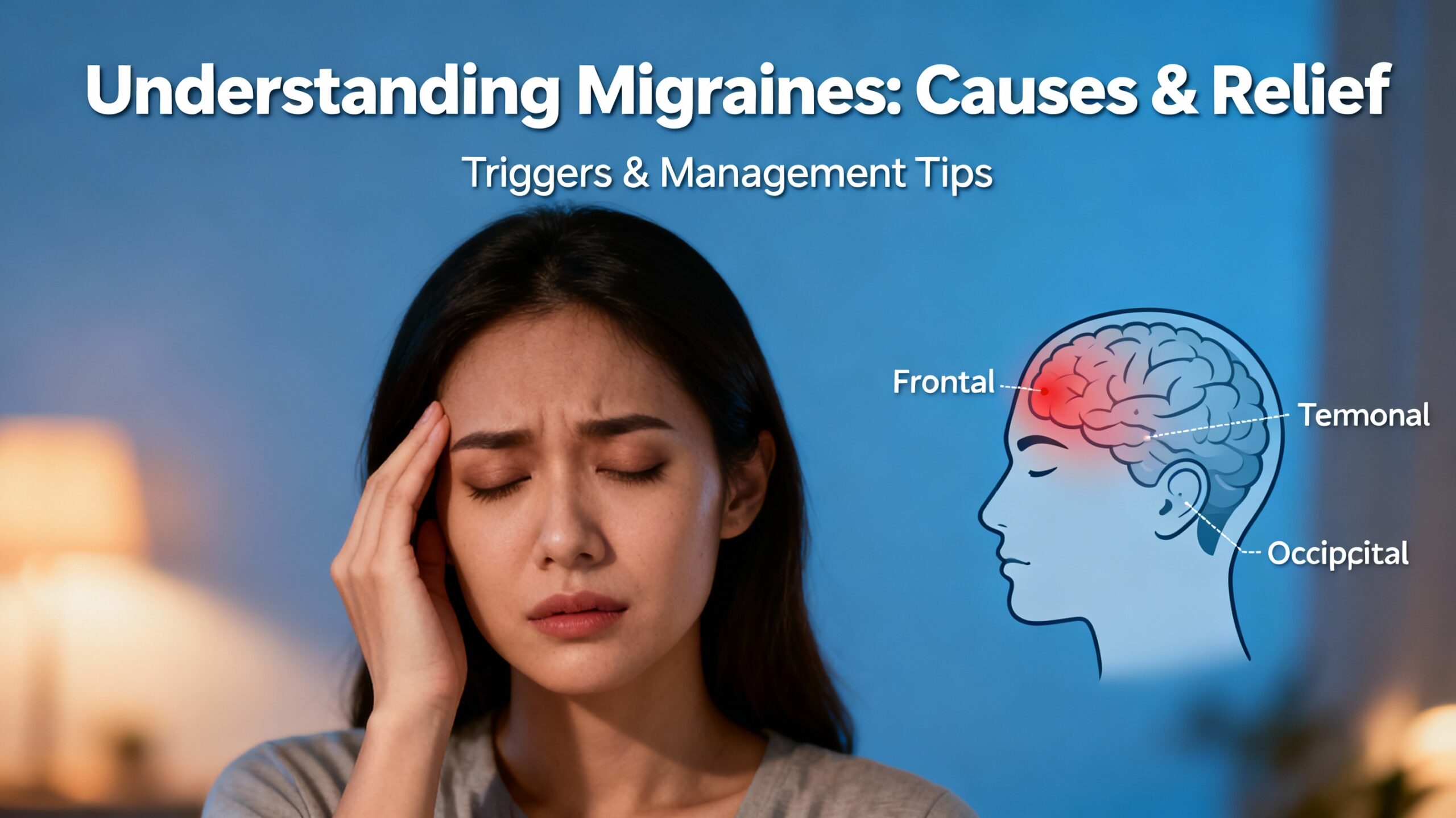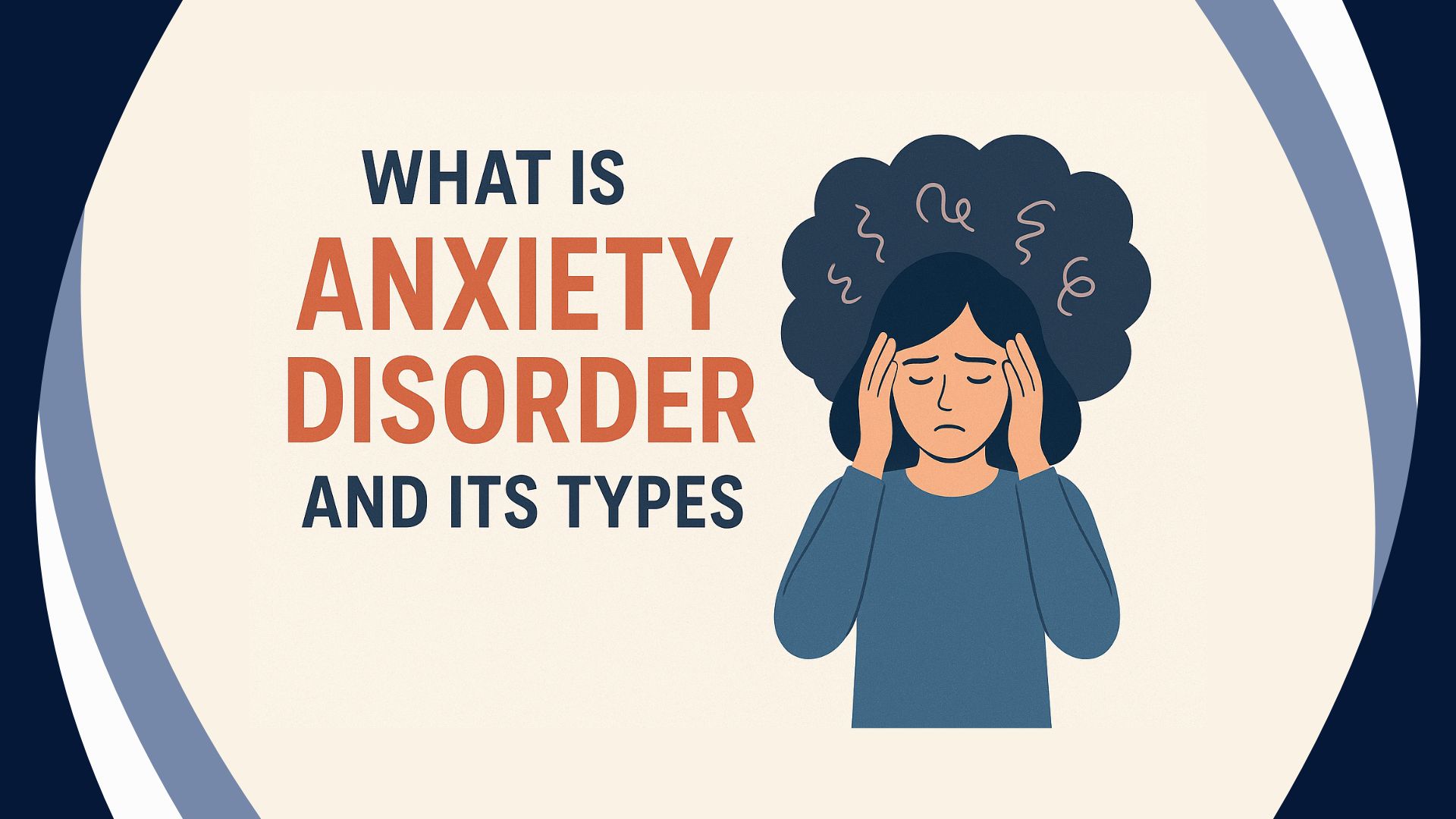Everything you need to know about Erectile Dysfunction (ED)?
Erectile dysfunction(ED) is a condition where a man has persistent trouble achieving or maintaining an erection suitable for sexual intercourse. It’s a common issue and can affect men at any age, though it becomes more prevalent with age.
Causes of Erectile Dysfunction
1. Physical Causes of Erectile Dysfunction:
- Cardiovascular Diseases: Conditions like atherosclerosis (narrowing of arteries) can reduce blood flow to the penis, making it difficult to get an erection.
- Diabetes: High blood sugar levels from diabetes can damage blood vessels and nerves, affecting erection ability.
- High Blood Pressure: Can damage blood vessels over time, impacting blood flow to the penis.
- Hormonal Imbalances: Low testosterone levels or other hormonal issues can affect sexual function.
- Neurological Disorders: Conditions such as Parkinson’s disease or multiple sclerosis can affect nerve signals necessary for an erection.
- Chronic Kidney Disease: Can affect sexual function due to both physical and psychological impacts.
- Medications: Some medications, including antidepressants, antihistamines, and blood pressure drugs, can cause ED as a side effect.

2. Psychological Causes Erectile Dysfunction (ED)
- Stress: Work pressure, financial problems, or major life changes can contribute to Erectile Dysfunction (ED).
- Anxiety: Performance anxiety or general anxiety can interfere with the ability to get or maintain an erection.
- Depression: Can reduce interest in sex and affect erectile function.
- Relationship Issues: Communication problems, unresolved conflicts, or lack of intimacy with a partner can contribute to Erectile Dysfunction (ED).
Symptoms of Erectile Dysfunction
- Inconsistent Erections: Trouble achieving an erection some of the time.
- Difficulty Maintaining an Erection: Erections that are not firm enough or don’t last long enough for sexual activity.
- Reduced Sexual Desire: Sometimes, ED can be accompanied by a lower interest in sex.
How to diagnose Erectile Dysfunction (ED) ?
To diagnose ED, a healthcare provider will:
- Take a Medical History: Discuss past medical conditions, medications, and lifestyle.
- Perform a Physical Exam: Check for signs of physical issues, such as changes in penile anatomy or signs of other health conditions.
- Conduct Tests: Blood tests to check for underlying conditions like diabetes or hormonal imbalances, and possibly other tests like ultrasound to examine blood flow.
Treatment for Erectile Dysfunction ( ED)
1. Lifestyle Changes
- Healthy Diet: Eating a balanced diet can improve overall health and potentially reduce ED symptoms.
- Regular Exercise: Helps improve cardiovascular health, reduces stress, and can enhance sexual function.
- Quitting Smoking: Smoking can damage blood vessels and worsen ED.
- Reducing Alcohol: Excessive drinking can impair erectile function.
2. Medications
- Oral Medications: Pills like Viagra (sildenafil), Cialis (tadalafil), and Levitra (vardenafil) work by increasing blood flow to the penis. They are effective for many men but should be used under a doctor’s guidance.
- Injectable Medications: Drugs like alprostadil can be injected directly into the penis to stimulate an erection.
- This medication should be taken under supervision of Doctor specialised in (Urologist) or by prescribed.
3. Therapies
- Counseling or Therapy: For psychological or emotional issues, talking to a therapist can help address anxiety, depression, or relationship problems.
- Sex Therapy: Specialized therapy to address sexual dysfunction and improve sexual satisfaction.
4. Medical Devices
- Vacuum Erection Devices (VEDs): These devices create a vacuum around the penis to increase blood flow and cause an erection.
- Penile Implants: Surgical implants can be inserted into the penis to provide a more permanent solution for ED.
5. Surgery
- Vascular Surgery: In some cases, surgery may be performed to repair blood vessels or improve blood flow to the penis.
When to See a Doctor?
If you experience persistent ED, it’s important to consult a healthcare provider. Persistent ED can be a sign of underlying health conditions that need attention. A doctor can help determine the cause of ED and recommend appropriate treatment options.
Prevention and Management
- Maintain Overall Health: Regular check-ups, a healthy diet, and regular exercise can help prevent conditions that might lead to ED.
- Manage Stress: Techniques like meditation, yoga, or counseling can help manage stress and anxiety that may contribute to ED.
- Open Communication: Talking openly with your partner about sexual health and concerns can help address relationship issues related to ED.
Effective management of erectile dysfunction often involves addressing both physical and psychological factors, and working with healthcare providers to find the best treatment approach tailored to individual needs.
Sexual Activity:
Benefits and how to maintain healthy sexual life : Read more
To know more about Erectile Dysfunction
